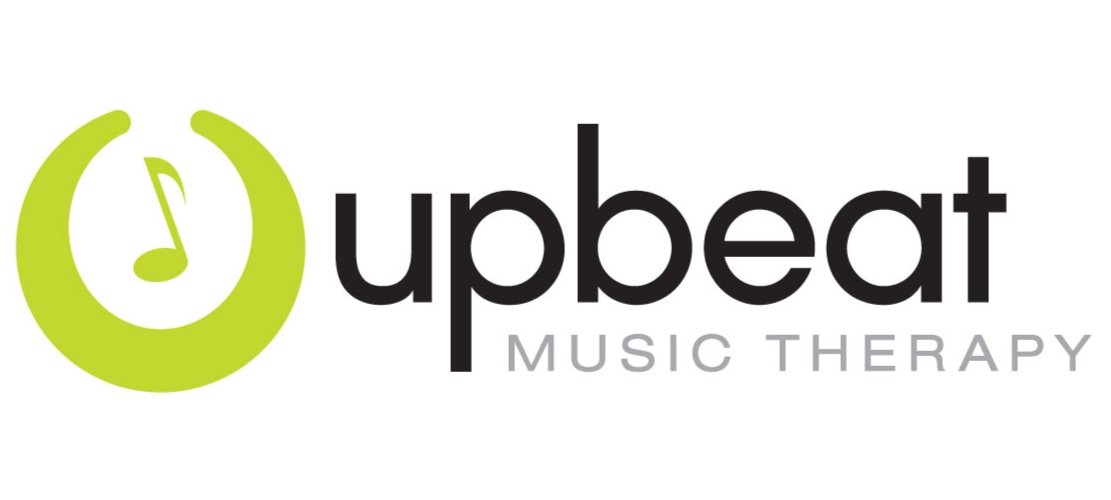WHAT IS MUSIC THERAPY?
WE GET THIS QUESTION ALL THE TIME.
The simple answer is “using music to achieve non-musical goals” or, as our tagline says, “promoting wellness through musical experiences.”
A more descriptive and comprehensive definition provided by by American Music Therapy Association (AMTA) is:
“Music Therapy is the clinical and evidence-based use of music interventions to accomplish individualized goals within a therapeutic relationship by a credentialed professional who has completed an approved music therapy program.
Music Therapy is an established health profession in which music is used within a therapeutic relationship to address physical, emotional, cognitive, and social needs of individuals. After assessing the strengths and needs of each client, the qualified music therapist provides the indicated treatment including creating, singing, moving to, and/or listening to music. Through musical involvement in the therapeutic context, clients’ abilities are strengthened and transferred to other areas of their lives.
Music therapy also provides avenues for communication that can be helpful to those who find it difficult to express themselves in words. Research in music therapy supports its effectiveness in many areas such as: overall physical rehabilitation and facilitating movement, increasing people’s motivation to become engaged in their treatment, providing emotional support for clients and their families, and providing an outlet for expression of feelings.”
Music therapy . . .
Is systematic and purpose-driven – the music therapist carefully designs musical experiences to address the client’s therapeutic goals and objectives. These goals are based on assessment criteria and may be:
Physical (such as promoting exercise or improving motor skills)
Cognitive (such as evoking memories or learning new information)
Communication (such as expressing oneself through music or enhancing speech)
Social (such as reducing isolation or improving social skills)
Emotional (such as expressing emotion or reducing stress)
Spiritual (such as life review or connection with Higher Power)
Is a process – therapy occurs over a progression of time. It is a gradual, sequential and evolutionary process toward therapeutic change. While single music experiences (such as attending a sing along or musical performance) may have a beneficial or therapeutic effect, music therapy occurs as a process over time leading to a desired outcome.
American Music Therapy Association
Music therapy...
Is administered by a trained music therapist – see below for more information on music therapy training
Includes a variety of musical experiences: receptive, re-creational, improvisational and composition
Is knowledge-based, drawing on traditional clinical practice and ongoing research.
Promotes health, wellness and wholeness
